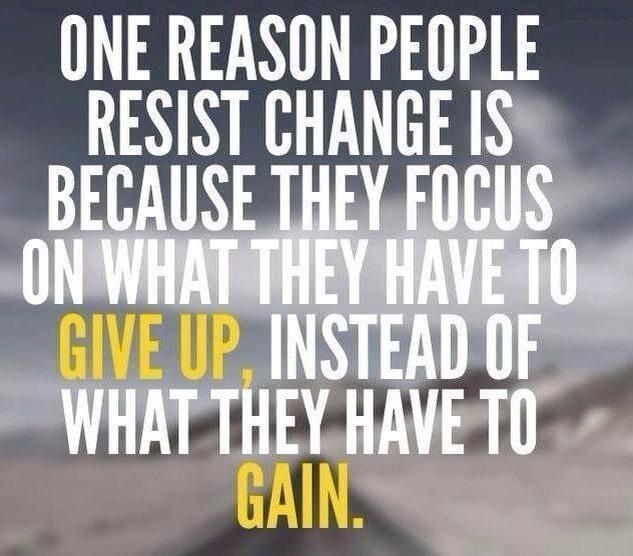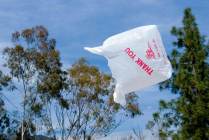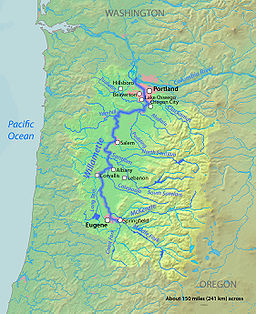Today I read that the fresh clean taste of Northern Pacific oysters has a new factor: plastic. Yes. Tiny specks of plastic found INSIDE the bivalve’s shell, inside the animal itself. Inside the part people eat. This is not the way it should be. This is not as Mother Nature intended. This is, in truth, because we people are not thinking about the Earth as a living ecosystem with everything we do affecting it.
To any of us older than 50, plastics were not common when we were young. When plastic food wrap was introduced, for example, it was so much more expensive than the waxed paper and aluminum foil that my parents had been using. Only when the price reduced did they start appreciating the improved food storage capability of plastics.
But, and this is a big one, plastics have over time been shown to be unhealthy to use in food prep. How many people still keep their food wrapped in plastic when they heat it in the microwave? Many kinds of plastic leach toxic chemicals into your food so you should only use containers that are marked “microwave safe.” Ignoring this could have a negative effect on your health that is avoidable.
This is one small example of how new information about an item that we have commonly used for years makes us realize it no longer should be used. And change must be made.
In the planning process (I’m an urban planner by education) any time there is a defined problem, all alternatives are developed for consideration. Pros and cons are identified. Only then can unreasonable alternatives be eliminated. That does not mean the selected action is perfect with no points of contention; just that it has the best outcome with the lowest negative impact.
So, like many other cities throughout the United States and world, recognition of plastic being a problem became obvious here in McMinnville. The solution is going to mean lots of changes, some easy, some a bit less comfortable. 
Today in McMinnville most stores are no longer offering one-use plastic bags (commonly referred to as teeshirt bags because of their shape with the handles) at the checkout. The City has mandated that this kind of plastic use has to stop and consumers need to carry their own reusable bags for shopping.
 Some people are pretty angry about this. They either missed all the notices that the City was having hearings to let residents voice their opinion, or they opted not to voice their feelings at that time. But now they believe the City is imposing one more restriction on their behavior. The time to complain is over. The time to act is now.
Some people are pretty angry about this. They either missed all the notices that the City was having hearings to let residents voice their opinion, or they opted not to voice their feelings at that time. But now they believe the City is imposing one more restriction on their behavior. The time to complain is over. The time to act is now.
Change is harder for some people than others. Some just focus on the effort they must make, what they are losing. They are not aware or concerned about why the issue has become so important. 
It has been well known for years that the oceans are full of plastics. Those thin plastic bags that you eagerly filled with groceries then went into a household collection, maybe under the kitchen sink, maybe in some closet. They have been available for personal reuse such as for pet waste containers in the trash going to the landfill. Most shopping bags, however ended up in the trash going to the landfill after that one time use.
 When your trash is collected at the curb, the truck dumps the contents into its holding bay. When full, the trucks then dump out the trash at the landfill. Items that are lightweight can easily and do easily become airborne. And so, your plastic bag you used to carry groceries home ended up flying up in the wind and drifting down to land in the Yamhill River.
When your trash is collected at the curb, the truck dumps the contents into its holding bay. When full, the trucks then dump out the trash at the landfill. Items that are lightweight can easily and do easily become airborne. And so, your plastic bag you used to carry groceries home ended up flying up in the wind and drifting down to land in the Yamhill River.
 Water flow from the Yamhill goes into the Willamette River and then into the Columbia and then into the Pacific Ocean. And then, your shopping bag which so capably carried home your peanut butter and milk, then ends up being mistaken for a jellyfish and is consumed by a ocean mammal.
Water flow from the Yamhill goes into the Willamette River and then into the Columbia and then into the Pacific Ocean. And then, your shopping bag which so capably carried home your peanut butter and milk, then ends up being mistaken for a jellyfish and is consumed by a ocean mammal.
Once you understand YOUR role, as minor as it is, in the ecosystem, it becomes easier to understand that a change is needed. YOU do not want to be responsible for the death of sea creatures nor the floating islands of plastic in our oceans. You’d prefer your oysters without microplastics inside.
So, why are people saying they will never shop in McMinnville again? Many people have the misconception that the five cent charge for paper sacks is revenue for the City. Not so. It is a small bit or reimbursement for the paper sack from the store. The paper sacks at Harvest Fresh, for example, have handles and cost the store 25 cents a piece. Critics say that this cost is part of the store overhead and already included in the pricing structure of the food in any store. That is true, but there is also something more to consider.
For those people who do not understand the “carrot” (benefit) of the plastic bag ban is a healthier environment, the “stick” (punishment) for not choosing sustainable behavior by carrying multi-use bags becomes a small fee on paper sacks.
If you don’t want to pay a nickle for a paper sack, bring your own bags. They can even be some of those plastic bags you brought home from the supermarket and are stored in a cabinet somewhere. But make the change….it is NOT that hard and you will be a proud resident of the Earth, happy to help keep it healthy.
One thing remains a constant in our lives: change is inevitable. Go with the flow. 
Beth….
This needs to be an OpEd in the News Register. Yes??
Thank you SO MUCH for taking the time to write it!! HUGE!!!!
LikeLike
Beth,
Please add Ben to your list, okay?
bstein434@gmail.com
THANKS!!!!
*Liz*
*971-241-1258*
*I alone cannot change the world, but I can cast a stone across the waters to create many ripples. Mother Teresa*
On Tue, Sep 19, 2017 at 6:02 PM, Zero Waste McMinnville wrote:
> GoingPlaces Can-Do Zero Waste posted: “Today I read that the fresh clean > taste of Northern Pacific oysters has a new factor: plastic. Yes. Tiny > specks of plastic found INSIDE the bivalve’s shell, inside the animal > itself. Inside the part people eat. This is not the way it should be. This > is n” >
LikeLike